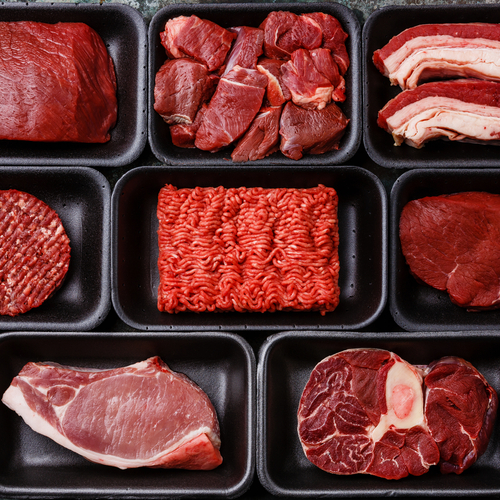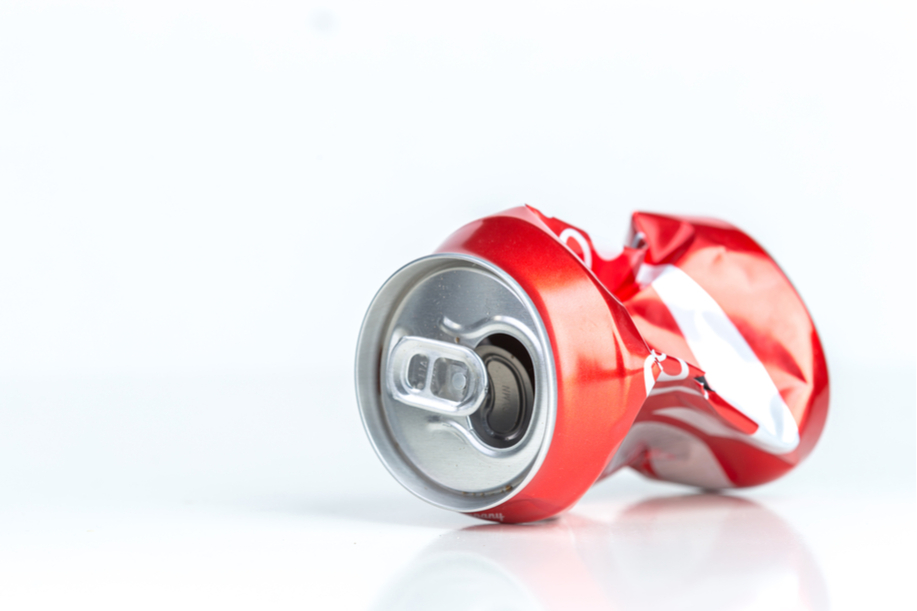“All we do is try to provide the public with information and encouragement to make those changes that will protect their health,” says Center for Science in the Public Interest (CSPI) president Michael Jacobson. If you believe that, Kelly “Big Brother” Brownell has a weight loss plan to sell you. Regular readers know that CSPI supports “fat taxes” and obesity lawsuits to control our diets. But these self-described “food police” promote an even more radical “solution” for their most-hated foods: outright bans.
Jacobson has said in the past that he “could envision taxes on butter, potato chips, whole milk, cheeses, [and] meat,” but more recently he has moved beyond extra taxes. In May the Wisconsin State Journal criticized as “laughable” a CSPI proposal to ban 2 percent and whole milk from schools. In the same month, Jacobson encouraged readers of CSPI’s Nutrition Action Healthletter to write their own letter to the U.S. Department of Agriculture, saying: “I urge the USDA to reduce the legal limit on the fat content of ground beef from 30% to 20%.” In other words, CSPI wants to ban certain kinds of ground beef.
While CSPI clearly has no fondness for most meats, it even tries to ban some of the alternatives. The group launched a campaign to get the meat-alternative Quorn “out of the food supply.” (Despite their over-the-top complaints about the product, after exhaustively searching for people with complaints, CSPI admits that only a very small percent of consumers have a negative reaction to Quorn.) Likewise, because a small number of people have allergic reactions to peanuts, Jacobson “says he’d ban them if they were not already in the food supply.” (CSPI’s Greg Jaffe also argues: “If you did a risk assessment for a peanut today, it would not necessarily be approved.”)
If there’s anything that really drives CSPI nuts, it’s the fat substitute Olestra. Jacobson has called it a “public health timebomb” — and CSPI, of course, tried to have it banned. Never mind the studies demonstrating Olestra’s health benefits, and its Food and Drug Administration stamp of approval. The same instinct to ban first and ask questions later is currently being played out in CSPI’s campaign against the trans fats in cookies, French fries, pie crusts, etc. Lawyer Stephen Joseph was roundly mocked when he famously sued to ban the sale of Oreo cookies to anyone under the age of 21 because they contained trans fat. While no one considers trans fat a health food, and many food companies are making efforts to reduce them, CSPI is virtually alone (along with Joseph) in seeking an outright trans fat ban.




